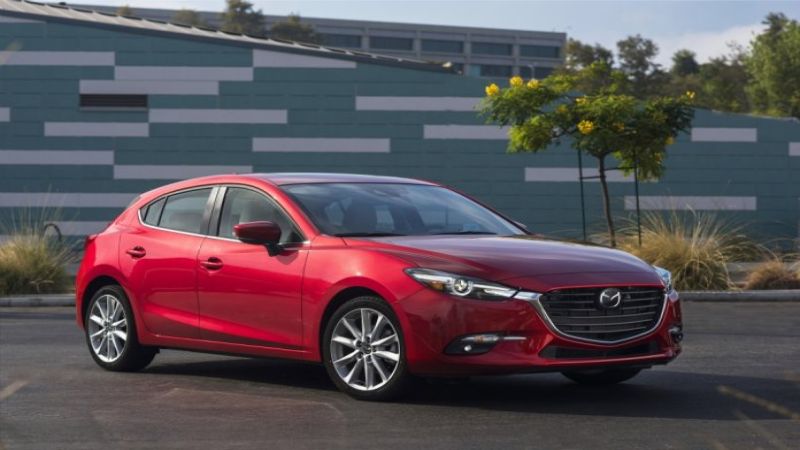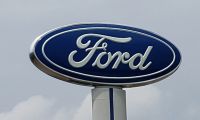Mazda revealed its plan for 2030 this week and hidden in the press release that was heavy on environmental buzz words were some interesting predictions. Mazda thinks that its new technology will enable gasoline engines to improve efficiency by about 40% over its current engines. In a car with 32 MPG Combined now, like its current Mazda3, that means the next generation Mazda3 could hit 50 MPG combined. Without a hybrid drive. Imagine what it could do with a hybrid drive.
Mazda also promises to deliver electric vehicles and electrification technology to regions that "use a high ratio of clean energy for power generation or restrict certain vehicles to reduce air pollution." Interesting. Perhaps Mazda sees that with nuclear power plants being retired in many areas and none to replace them, the power supply in some areas will become more dependant on fossil fuels. Why bother sending EVs to places where it is cleaner just to burn the gas in the car? EV advocates hate logic like that. It wasn't just a slip either. In another section, Mazda talks about reducing emissions in the "real world."
Mazda plans to do all this using new technologies already in development. The new gasoline engine technology relies on Spark Controlled Compression Ignition. Sort of like diesel, but without the need to cheat on emissions. Mazda says torque is increased by up to 30 percent (oh, there is a supercharger too in case we forgot that part) and that in addition to gas-only engines, Mazda will "combine the results with effective electrification technologies." That means hybrids and plug-in hybrids will make the MPG even higher.
Mazda's new friend with benefits is Toyota, which is how a small company like Mazda can talk about EVs with confidence. Combined, Mazda's new technologies and Toyota's existing leadership in green cars could mean that Mazda finds itself in 30 years right we here it has been for many years. At the top of the list of lowest CO2 producers among U.S. automotive suppliers.
Set as google preferred source











